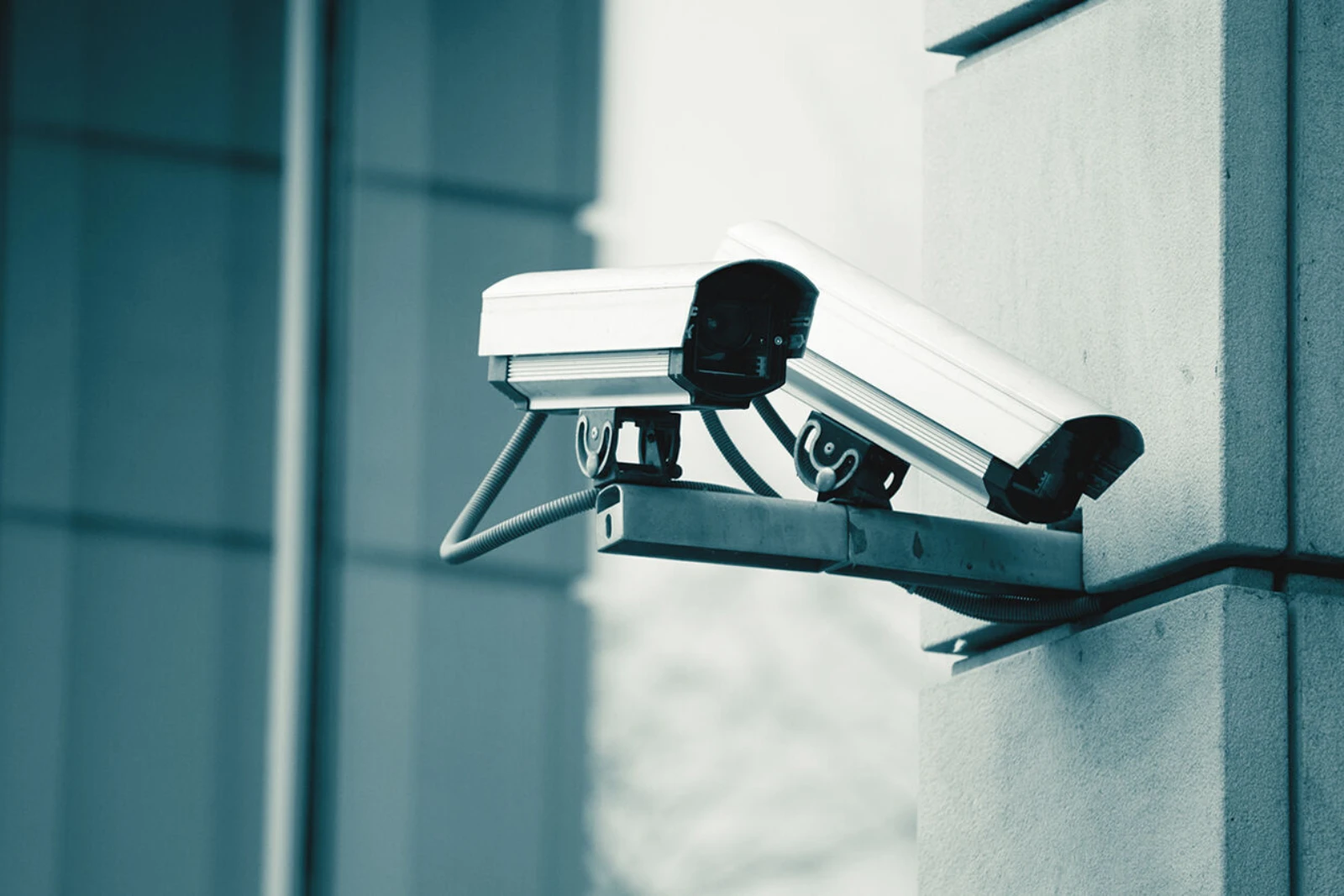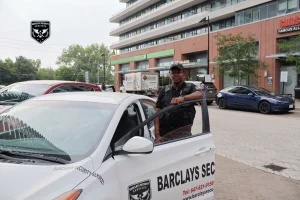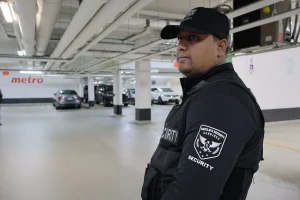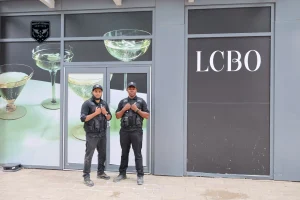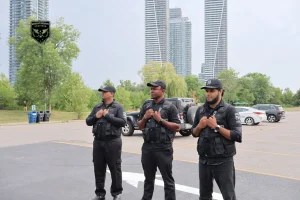Summary
Installing security cameras in Canada can protect your property, but it also comes with strict legal responsibilities. Whether you’re a condo board, landlord, business owner, or homeowner, this guide explains exactly where you can (and can’t) place surveillance cameras in Canada. We break down PIPEDA, provincial privacy laws (Ontario, British Columbia), legal use cases, and common mistakes to avoid. You’ll also find links to government sources and real-world scenarios to help you stay compliant.
Why This Guide Matters
The use of CCTV surveillance in Canada is increasing—whether it’s for preventing package theft in condos, monitoring storefronts in Toronto, or keeping residential neighborhoods safe in BC.
But here’s the reality: Many Canadians are breaking the law without knowing it. Installing a camera pointed at a public sidewalk? That could violate federal privacy laws. Recording audio without consent? That’s potentially a Criminal Code violation.
This guide is your no-BS roadmap to staying compliant with Canadian privacy laws, whether you’re in Ontario, Vancouver, or anywhere in between.
Understanding Canadian Surveillance Law: Start with PIPEDA
The Personal Information Protection and Electronic Documents Act (PIPEDA) governs how businesses and private organizations collect, use, and disclose personal information, including video surveillance.
Key Requirements Under PIPEDA:
- You must have a valid reason to collect video data.
- Consent is required when recording individuals who can be identified.
- You must notify people with clear signage that video surveillance is occurring.
- You must limit the amount of footage collected to what’s absolutely necessary.
- People have the right to access footage that contains their image.
This applies to most businesses across Canada and also to private condo corporations.
👉 Read the full law at the Office of the Privacy Commissioner of Canada
Where Can You Legally Install Security Cameras in Canada?
Let’s break it down by property type and scenario:
1. Your Own Private Property (e.g., home)
You can install cameras on your own property, such as:
- Front door
- Driveway
- Backyard
But you must avoid capturing footage beyond your property lines. That means:
- Don’t point your camera at the neighbor’s window or into their backyard.
- Don’t record public sidewalks or roads unless there’s a legal reason (like repeated vandalism) and the camera still focuses primarily on your own space.
2. Condominiums and Apartment Buildings
Condo corporations must:
- Get approval from the board before installing cameras.
- Notify residents in writing.
- Avoid placing cameras in areas where there’s an expectation of privacy (e.g., washrooms, locker rooms, inside units).
Cameras in common areas like lobbies, mailrooms, elevators, and parking garages are allowed, but signage is mandatory.
Ontario’s Condominium Act (Section 97) requires any significant change like video surveillance to follow a formal process.
👉 See Ontario’s Condominium Act
3. Businesses (Retail, Offices, Warehouses, etc.)
Business owners may legally install security cameras to prevent theft, monitor staff areas, or manage safety risks, but they must:
- Clearly inform staff and customers of surveillance.
- Avoid recording break rooms, restrooms, or areas where privacy is expected.
- Keep footage secure and only accessible to authorized staff.
You can’t use hidden cameras to spy on your employees. That violates both PIPEDA and basic human rights law in Canada.
4. Public Spaces (e.g., sidewalks, parks, streets)
Private citizens and businesses cannot legally install cameras that record public spaces. Only municipal authorities and law enforcement have that authority.
Province-Specific Laws You Must Know
Ontario
In Ontario, PIPEDA governs most private sector activity. For public institutions (like schools, libraries, or municipal offices), the relevant law is the Municipal Freedom of Information and Protection of Privacy Act (MFIPPA).
Key Ontario rules:
- Condo boards must approve camera use.
- Employers must disclose surveillance to staff.
- Audio recording is not allowed without one-party consent.
Learn more:
👉 Information and Privacy Commissioner of Ontario
British Columbia
BC is unique. It operates under its own law called PIPA (Personal Information Protection Act) for private organizations and FIPPA for public bodies.
Security camera rules under BC’s PIPA:
- Organizations must collect only necessary data.
- Surveillance must be proportionate to the security threat.
- Signage and public notice are mandatory.
- Individuals can request access to footage of themselves.
BC also has detailed guidelines on residential strata (condo) camera use.
👉 BC Privacy Guidelines on Video Surveillance
CCTV Audio Recording: What’s Legal? What’s Not?
Many off-the-shelf security cameras come with audio recording. But in Canada, recording someone’s voice without consent could violate Section 184 of the Criminal Code.
Here’s the law in simple terms:
- If you’re not a party to the conversation, recording is illegal.
- You cannot use audio surveillance in common areas, hallways, or public-facing businesses unless you obtain explicit consent.
The safest option? Disable audio on your cameras unless you’re 100% compliant.
Best Practices for Staying Legal in 2025
Here’s what to do if you’re using or planning to install CCTV in Canada:
- Install clear signage near all surveillance zones.
- Avoid recording private spaces like bathrooms or changing areas.
- Keep footage secure and limit access to authorized staff only.
- Delete old footage after 30–90 days unless needed for an investigation.
- Respond to footage requests if someone asks to see recordings that include them.
- Document your purpose for using surveillance.
Bonus: Conduct a privacy impact assessment before installing a new system—especially if you manage a commercial building or condo.
What Happens If You Break CCTV Privacy Laws in Canada?
If you’re caught violating Canadian privacy laws:
- You could face civil lawsuits from tenants, employees, or customers.
- You may receive orders to remove your system or delete footage.
- In some cases, fines and legal sanctions are possible—especially for willful violations.
For businesses, that also means reputation damage, compliance audits, and potential loss of contracts.
Real-Life Example Scenarios (Legal vs. Illegal)
| Scenario | Legal? | Why |
| Condo lobby camera with signage | Legal | Common area, residents notified |
| Home camera pointed at sidewalk | Risky | May capture public space unnecessarily |
| Hidden camera in tenant hallway | Illegal | No consent + unreasonable intrusion |
| Storefront camera with sign | Legal | Public-facing, theft prevention |
| Audio recording in office | Illegal | Employees weren’t informed and didn’t consent |
Final Thoughts: Take Privacy Seriously, Not Lightly
Surveillance can absolutely help protect people and property—but in Canada, privacy is a legal right, not a luxury. Misusing your cameras could land you in serious trouble—even if your intention is safety.
Whether you’re setting up cameras for your condo building, warehouse, small business, or family home, the best approach is simple: follow the law, get expert guidance, and protect both security and privacy.
Need Help Staying Compliant? Contact Barclays Security Services
Barclays Security Services provides legally compliant security strategies across Toronto, Scarborough, Vaughan, and Markham. From mobile patrols and licensed guards to CCTV consulting and concierge services, we help you stay protected without crossing legal boundaries.
Call us now for a free consultation: +1 647-821-9155
Visit: www.barclayssecurityservices.com

